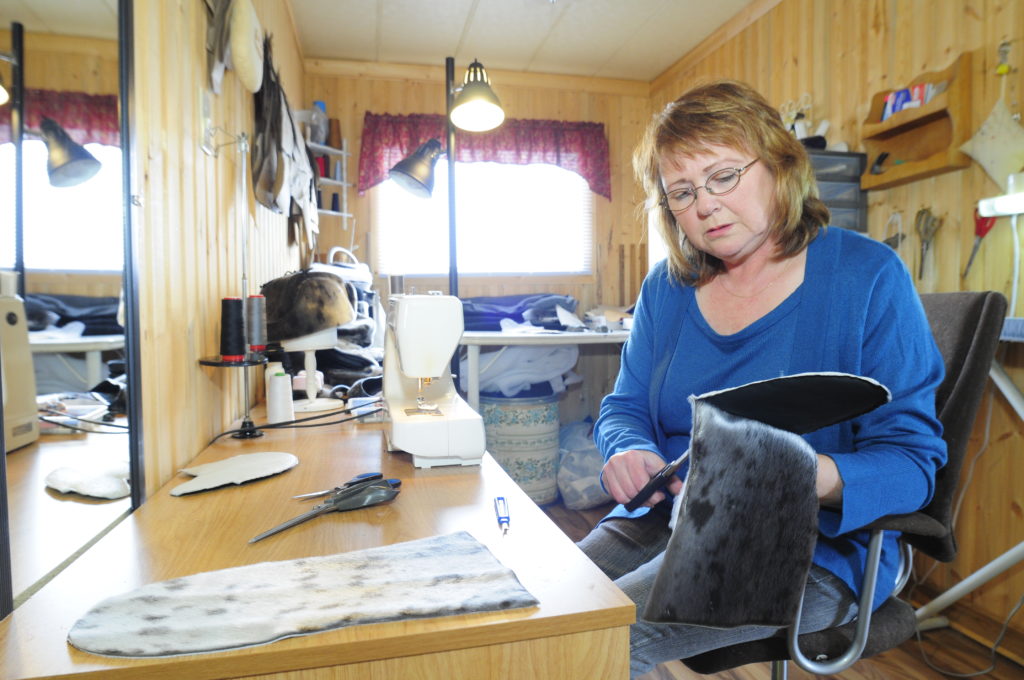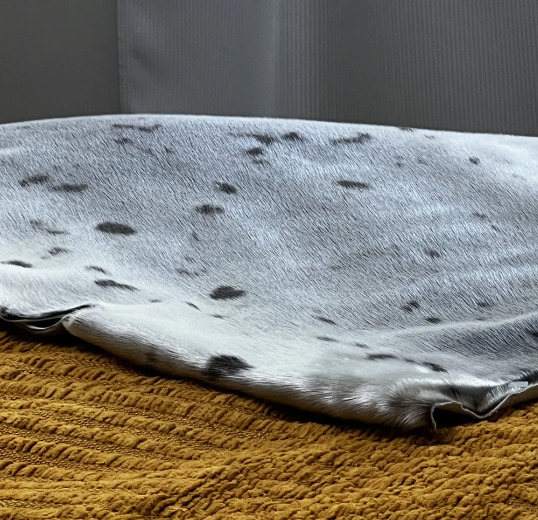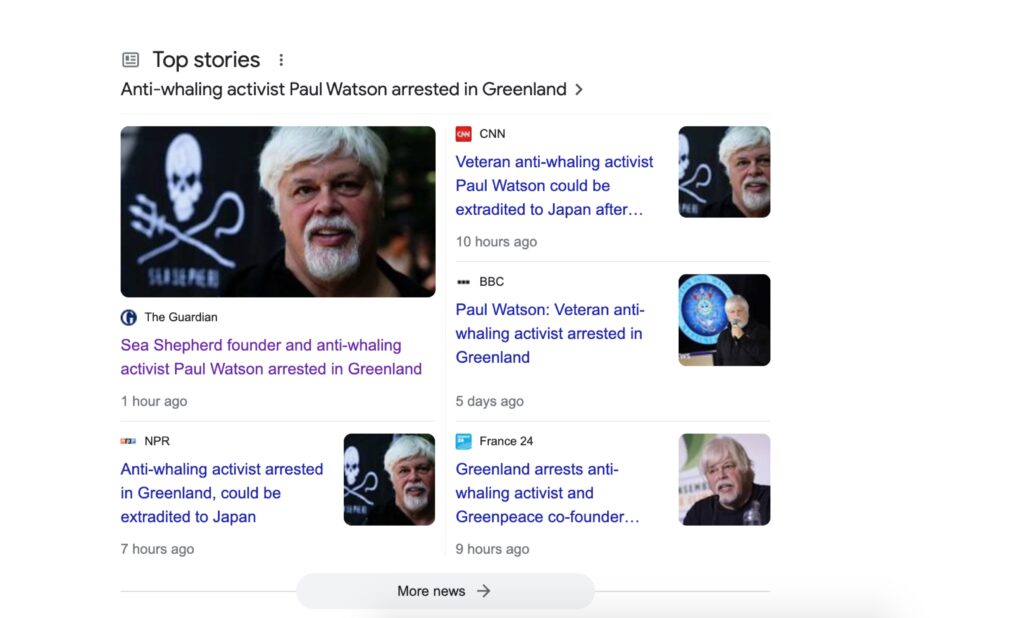In the article, Doug Chiasson discusses the recent Canada-EU Summit held in St. John’s, where leaders from the European Union and Canada gathered. Chiasson’s focus is on the impact of the 2009 ban on the trade of Canadian seal products by the EU, which had severe consequences for rural communities in Eastern and Northern Canada, particularly in Newfoundland and Labrador, Quebec, and Inuit communities in the North.
Chiasson argues that the claimed success of the exemption for seals harvested by Indigenous communities, as stated by European Commission President Ursula von der Leyen, is false. The article suggests that only two Canadian bodies are recognized for certifying Indigenous seal products, with minimal exports reported.(Nunavut has only exported two sealskins to Europe in 2020 and Northwest Territories exported two sealskin coats in 2022.)
He also highlights concerns raised by certain EU member states about the unintended consequences of the ban on their own seal hunts, such as the impact of seals on fish populations. Chiasson calls for collaboration between Canada and dissatisfied EU member states to overturn the ban during the European Commission’s review of the Regulation on Trade in Seal Products in 2024. Additionally, Chiasson emphasizes the need for honest dialogue involving industry and Indigenous communities affected by the ban, excluding extremist animal groups.
Doug Chiasson is the Executive Director of the Fur Institute of Canada.
Read the original article:



